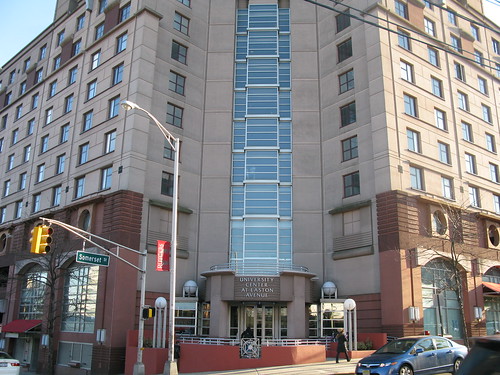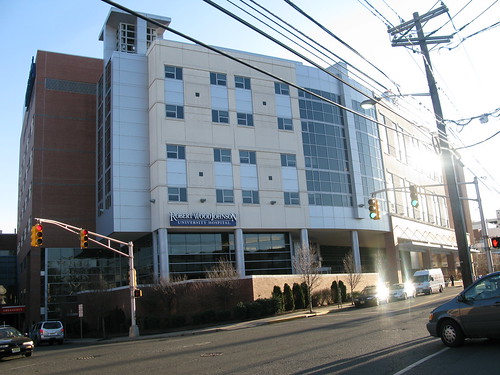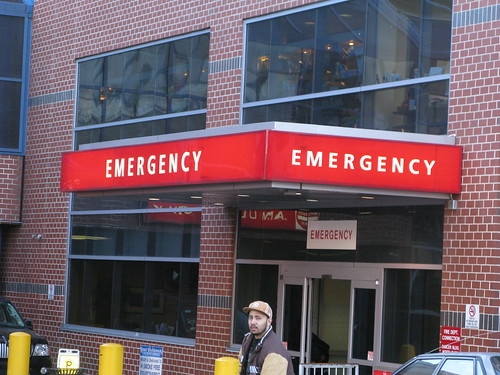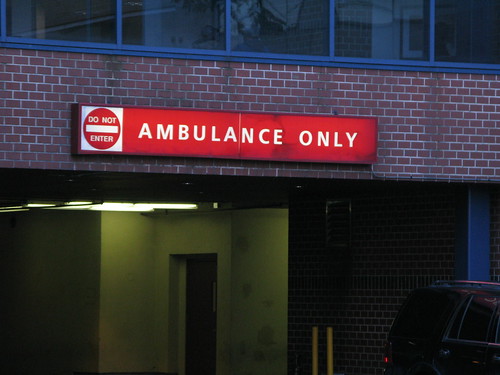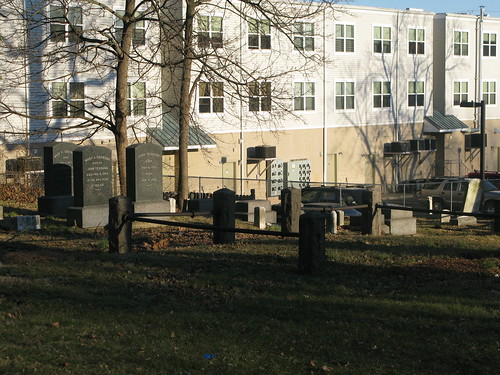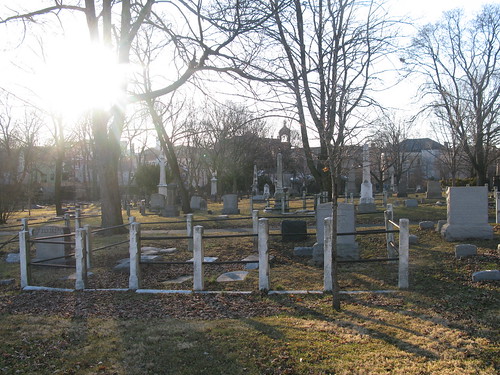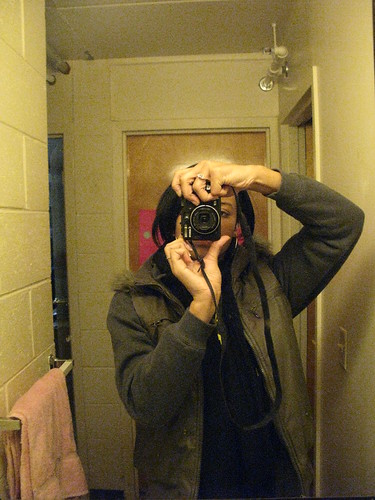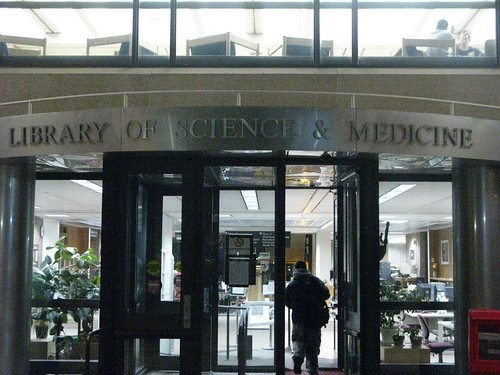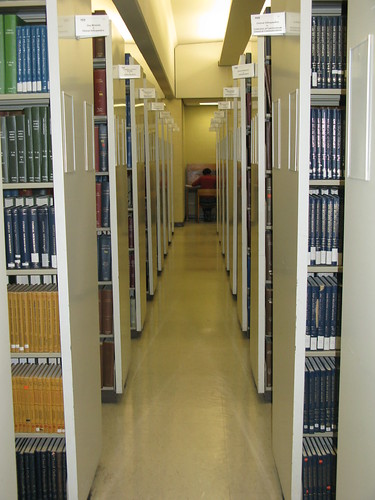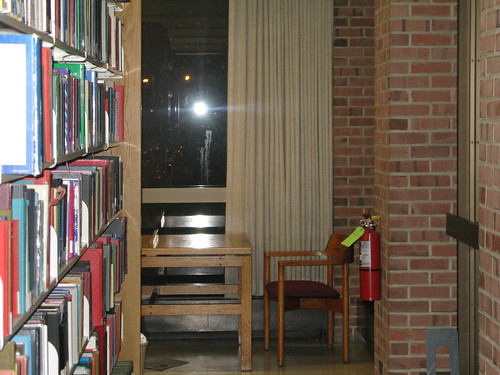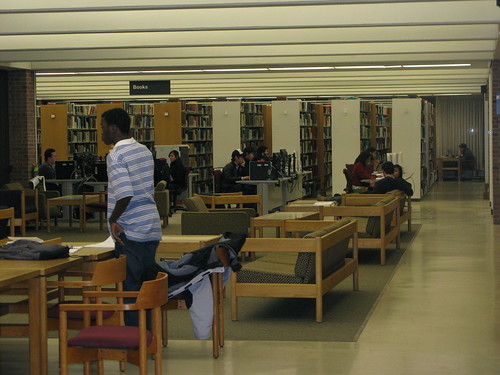Answer for Miriam's question for C++: #4 "Why is one attached to space?"
I do not think one is attached to space, but place. Place is the safe zone, the setting that we are familiar with and find comfort and security in. Space is less definable. It can be anywhere, and it can be vast. Space is what we long for; place is what we are attached to. I think. Haha.
Answer for Justin's question for C++: #1 "Does the possibility of constant surveillance in our society pose an insurmountable threat to human freedom?"
I do think that uncontrollable and constant surveillance poses an immense threat on our privacy. This possibility means that we could be watched at ALL TIMES: showers, changing clothes, having sex, cheating, etc. There would be no concept of privacy. How could we be free is we're constantly being watched? Naturally, we would be free to do the things that we would want to do. But who would really feel comfortable doing any of these things with the possibility of being watched? I do not think many people would take that chance.
Answer for Kira's question for Space and Place: #1 "The reading makes it out that being in a 'place' is more comfortable than being in a 'space,' for it is more familiar, but is that really true for everyone? what about those "wandering spirits" like Christopher McCandless, whose story was written by Jonathan Krakauer in "Into The Wild"? He was not comfortable in the 'place' of society, and longed to trek through the wilderness of Alaska."
I do not think there is anything that is true for everyone, and certainly not the topic at hand. However, I do feel like the majority of people would find "place" more comfortable than space, because it is familiar and most people (I think) are not always open and excited to explore the unknown. As for "Into the Wild", this character is a rare character, because even if most people felt the same way, they would not bury their money and retreat into the forest to experience what life was like in solidarity. Also, I think it is important to note that at the end of the book, the character comes to the realization that the beauty of life is useless if you cannot share it with other people.
Tuesday, February 17, 2009
Questions For the Readings.
C++
1.) What is "virtuality"? (Materiality)
2.) Is it possible for us to shape our technologies without our technologies shaping us? (Ethics)
3.) Are there any limits to boundaries? (Boundaries)
4.) Is simultaneity in tasks a positive or negative? Is doing many things at the same time beneficial or detrimental to the outcome of each individual task? (Processes)
5.) Is it good or bad that we can accomplish many of the same things independent of location? Does this possibility lose the individuality of different places? (Communities)
Space and Place
1.) Is it possible to be secure and free simultaneously?
2.) How is feeling intentional?
3.) Why is spatial ability essential to living but spatial knowledge nonessential?
4.) How can one know when they exit a space and enter a place, or vice versa? It is subjective?
5.) How do space and place shape us?
Of Other Spaces
1.) When Foucault is describing all the different spaces in paragraph two, why does he refer to it as a "complete hierarchy"?
2.) Do heterotopias mirror utopias because of the content of the place (perfected) or because it is a "placesless place"?
3.) If there was another category of heterotopias besides crisis and deviation, what do you think it would be?
4.) What is the function or functions of a heterotopia? Do the functions change?
5.) How can a heterotopia create a perfect space? Is that possible?
1.) What is "virtuality"? (Materiality)
2.) Is it possible for us to shape our technologies without our technologies shaping us? (Ethics)
3.) Are there any limits to boundaries? (Boundaries)
4.) Is simultaneity in tasks a positive or negative? Is doing many things at the same time beneficial or detrimental to the outcome of each individual task? (Processes)
5.) Is it good or bad that we can accomplish many of the same things independent of location? Does this possibility lose the individuality of different places? (Communities)
Space and Place
1.) Is it possible to be secure and free simultaneously?
2.) How is feeling intentional?
3.) Why is spatial ability essential to living but spatial knowledge nonessential?
4.) How can one know when they exit a space and enter a place, or vice versa? It is subjective?
5.) How do space and place shape us?
Of Other Spaces
1.) When Foucault is describing all the different spaces in paragraph two, why does he refer to it as a "complete hierarchy"?
2.) Do heterotopias mirror utopias because of the content of the place (perfected) or because it is a "placesless place"?
3.) If there was another category of heterotopias besides crisis and deviation, what do you think it would be?
4.) What is the function or functions of a heterotopia? Do the functions change?
5.) How can a heterotopia create a perfect space? Is that possible?
Subscribe to:
Comments (Atom)
